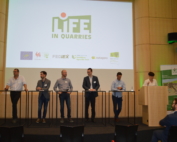FAQ
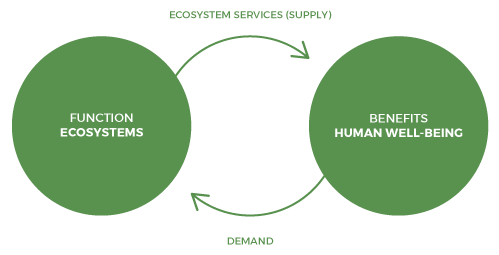
They therefore represent the contribution of ecosystems to human well-being and are generally divided into three categories:
- Production services: all goods produced by ecosystems and their biodiversity: food (cereals, fruits, vegetables, etc), materials (wood, wool, leather, etc.), energy (firewood, biodiesel, etc) and water;
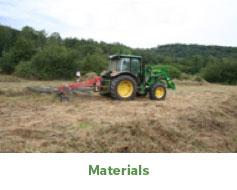
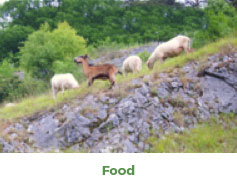
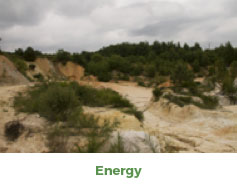
- Regulation services: ecosystem regulation phenomena: control of extreme events (erosion, floods, storms, etc), control of biological processes (pollination, biological control, seed dispersal, etc), regulation of water, air and soil pollution and climate regulation;
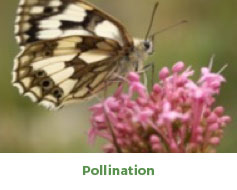
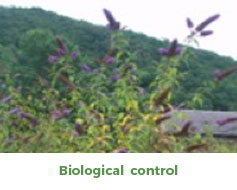
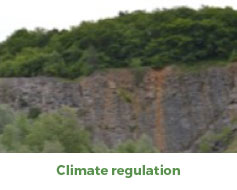
- Cultural services: cultural practice of opportunities permitted by ecosystems: from everyday life or for leisure (walks, hunting or recreational fishing, kayaking, etc), sources of knowledge and experience (scientific research or educational activities, etc) and sources of inspiration and values (natural, artistic inspiration, nature photography, etc).
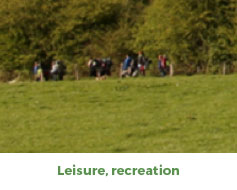
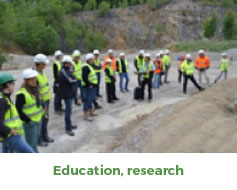
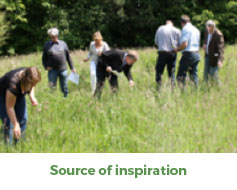
The ecosystem services provided by the quarries and especially by their green infrastructures will be assessed at the beginning and at the end of the project (for phase I sites, the first monitoring of services is expected in year 3). The initial evaluation will guide the development of temporary and permanent nature, to maximise their services. The final evaluation will assess the real impact of these adjustments on the provision of services.
Furthermore, this ecosystem services approach, by wanting to be systemic and holistic, attempts to balance the different individual and collective social, environmental and economic challenges. This approach is complementary to that one involving the conservation of biodiversity by providing a way of interpreting the territory focused on on the actors and the satisfaction of their needs during interactions with contributing ecosystems.
However, this approach may have several derivatives such as the monetisation of nature. This is why the evaluation of ecosystem services will be integrated to take into account the diversity of service-related values. These services will be evaluated by biophysical learning about the offer of the services. However, they will be assessed through participatory methods including all the actors interacting with quarries (farmers, hunters, foresters, hikers, cyclists, residents, etc) to define the perception of these stakeholders vis-à-vis these services and their demand.
Therefore, the management of protected species is a key part of the LIFE in Quarries project. It is therefore crucial to find solutions for the development of these species, while giving assurance to operators that the presence of these species does not constitute an impediment to the development of their activities.
.
In this context, a comparative study of solutions implemented in other European countries (UK, Holland, Germany, France, Switzerland, Austria, etc) will be carried out. These case studies will lead to a series of proposals/prospects applicable in Wallonia.
In addition, the Life in Quarries project will provide legal and administrative support for the participating quarries. These could indeed be facing legal or administrative problems such as for example:
- Inconsistencies involving permit obligations if compared with the measures advocated in the project;
- The obligation to request exemptions to the law on nature protection (for the displacement of populations of protected species, for example).
Finally, the LIFE in Quarries project aims to promote the adoption of charters between Walloon operators and quarry operators. This objective is based on an existing FEDIEX initiative consisting of promoting the adoption of individual charters of recommendations and good practices in terms of managing protected species in quarries.
The charters will be concluded between quarry operators and the Department of Nature and Forests (DNF) in the Walloon region. These charters will aim to guarantee the sustainability of the dynamic biodiversity management actions for quarries defined in the context of the LIFE in Quarries project. The signing of a minimum of 18 charters with quarry operators involved is the project target.
The project provides support for the drafting of these charters to ensure their legal certainty.
LATEST NEWS
Registration to the final conference!
In order to ensure the strictest respect of the sanitary measures in force, participants are requested to present themse [...]



